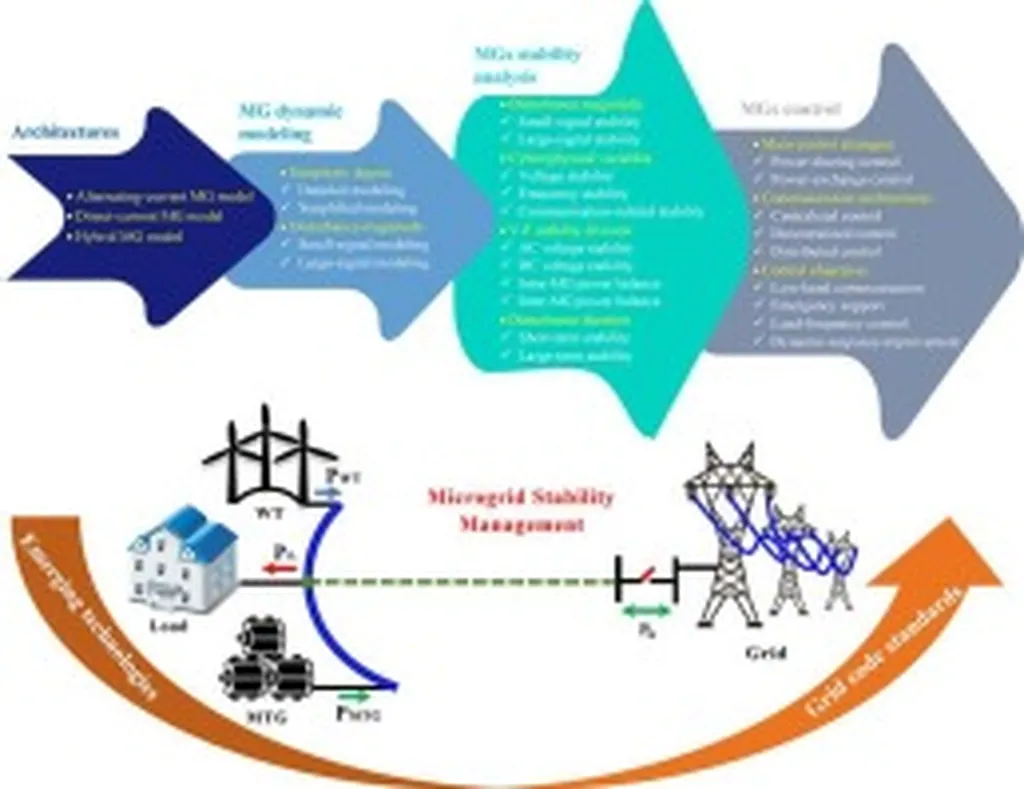In the face of ever-growing electricity demand, power grids worldwide are under increasing pressure to maintain stability and efficiency. A recent study published in the journal *Energy Science & Engineering* offers a promising solution to enhance voltage stability in power systems, leveraging advanced technologies to optimize grid performance. The research, led by Faris Alsalem from the Department of Electrical Engineering at Princess Sumaya University for Technology in Amman, Jordan, explores the integration of Phasor Measurement Units (PMUs) with Static VAr Compensators (SVCs) to improve voltage regulation and overall grid resilience.
As electricity demand surges, transmission networks often struggle to keep pace, leading to stress on the grid and potential stability issues. Flexible Alternating Current Transmission System (FACTS) devices, such as SVCs, have long been recognized for their ability to provide reactive power compensation, thereby enhancing voltage stability and increasing the transmission capacity of existing lines. However, traditional SVC control methods often rely on delayed or indirect measurements, which can limit their effectiveness.
Alsalem’s research addresses this challenge by proposing a novel approach that integrates PMUs with SVC controllers. PMUs are essential tools for power system monitoring, control, and protection, offering high-speed, synchronized data that can accurately measure electrical signals across the grid. “By utilizing PMUs, we can obtain real-time system measurements, which significantly improves the response time and effectiveness of SVCs,” Alsalem explains. This integration allows for more precise and timely voltage regulation, ultimately enhancing the stability of the power system.
The study demonstrates that the proposed method results in a markedly improved voltage profile and settling time under various disturbances. This advancement could have significant commercial impacts for the energy sector, as it enables more efficient and reliable operation of power grids. “Our findings suggest that this approach can be a game-changer in maintaining voltage stability, especially in complex and expanding power systems,” Alsalem adds.
The research not only bridges a critical gap in the current understanding of SVC control but also paves the way for future developments in the field. As power grids continue to evolve, the integration of advanced technologies like PMUs with traditional FACTS devices could become a standard practice, ensuring that grids remain robust and adaptable to the demands of the future.
In an era where energy security and grid reliability are paramount, Alsalem’s work offers a compelling vision of how innovative solutions can address the challenges posed by growing electricity demand. By harnessing the power of real-time data and advanced control strategies, the energy sector can look forward to a more stable and efficient future.

